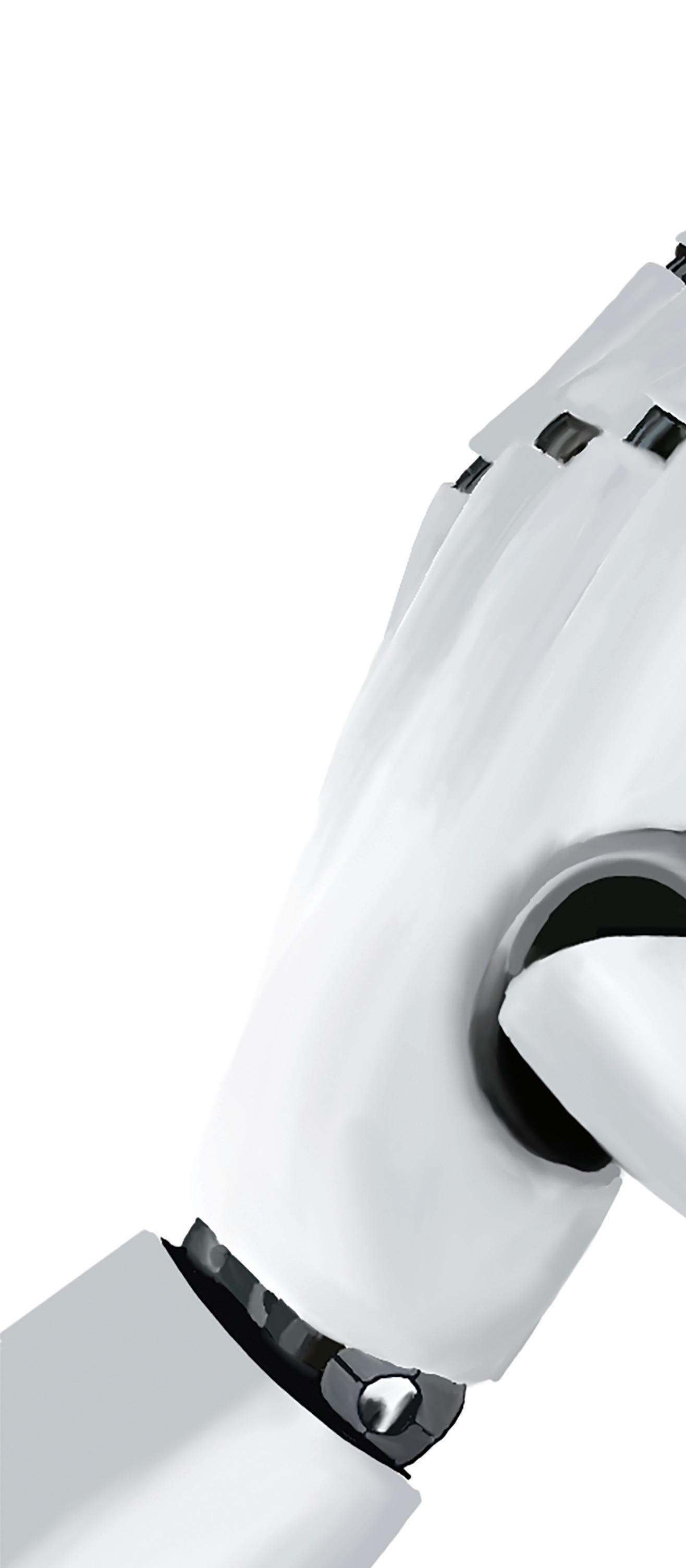
2 minute read
AI the Inventor
How will AI affect the legal system?
WHERE DID MY PHONE GO?”
Advertisement
“How do you lose your phone all the time? You should keep your phone safe.”
Phones, cars, refrigerators: all modern technologies we take for granted benefit from the protection of patents, which provides incentives for innovators to develop these technologies in the first place. We are used to seeing inventions made and patented by humans, but what will happen with Artificial Intelligence in the mix?
On April 23, 2023, the US Supreme Court refused to review a decision rendered by the Federal Circuit on the novel question of whether AI can be listed as an inventor. This case, Thaler v. Vidal found that AI cannot be an inventor because it is not a human.
The case revolved around Dr. Stephan Thaler’s attempt to patent an invention that his Artificial Intelligence tool “DABUS” thought of. Thaler argued that the AI was the creator of the idea, and thus should directly receive Intellectual Property Rights.
However, these patent applications were denied by The United States Patent and Trademark Office , with the stated reason being that there was no valid inventor listed. This ruling was upheld by the Federal Circuit upon Thaler’s appeal, and then upheld by the Supreme Court in April by not reviewing the case.
Harry Stylli, an investor and CEO of an AI-based diagnostic company, explained that AI will result in an influx in future opportunities following the Thaler decision.
“When the internet was first spawned we did not predict Amazon, Apple Apps store, Uber and many other new applications and powerful business models,” Stylli said. “AI will similarly be highly speculative and risky in the beginning but will generate winning opportunities in the future.”
Dr. Tim Joyce, who is a Senior Patent Attorney at a pharmaceutical company based in the San Francisco Bay Area further clarified what this means for the future of AI generated patents.
“AI inventions will still be patentable. There is always a human involved in the creation or original setup and that is sufficient from an inventorship standpoint,” Joyce said.
Therefore, even if an invention is created by an AI, the credit for the idea and protections under law would go to the person using the AI, and not the tool itself. And this policy opens the door to a multitude of possibilities regarding both patent and copyright. With the resources students today have with just a few clicks, they can use AI as a tool to assist in the making of their invention.
However, Professor Dennis Crouch, a law professor at the University of Missouri, is concerned about the potential implications of the decision.
“I think we’re a bit crazy if we refuse to allow for patent or patent-like protection for useful inventions generated with the help of AI,” Crouch says, “a growing number of inventive entities are developing new products and designs with significant AI input.”








